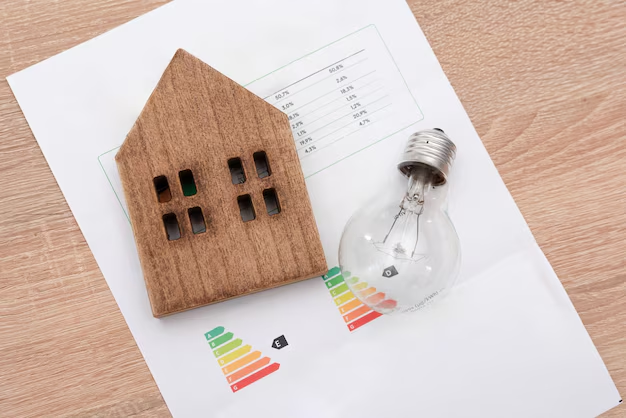Understanding Your Monthly Electricity Costs for an Apartment
Curious about how much you might expect to pay for electricity in your apartment? You’re not alone. Many people, especially those moving into a new apartment or switching to a new city, want to get a grip on their monthly electricity expenses. While costs can vary greatly depending on location, size of the apartment, and personal usage habits, this article will break down some average costs and offer insights into managing these expenses effectively.
Factors Influencing Monthly Electricity Costs
Understanding your electricity bill starts with recognizing the factors that affect it. Different usage patterns can have substantial impacts on your monthly fees.
- Location: Electricity rates vary significantly across different areas due to local energy policies and the availability of energy resources.
- Apartment Size: Generally, the larger the apartment, the higher the electricity usage due to increased space that needs heating or cooling.
- Seasonality: Costs can spike in summer if you’re using air conditioning frequently or during winter if you rely on electric heating.
- Appliance Usage: Energy-efficient appliances can significantly reduce your bill. In contrast, older or more power-hungry devices can drive up costs.
- Number of Residents: More occupants typically mean increased consumption, affecting your total cost.
Average Electricity Costs
On average, electricity costs for an apartment in the U.S. can range from $60 to $150 per month. Smaller units might fall on the lower end of this range, while larger apartments with multiple occupants could be on the higher end.
In places like New York or California, where electricity rates can be higher, monthly bills might exceed the average, putting a strain on households that might not have accounted for these expenses. If you're planning a move, researching local rates can save you from surprises.
Managing and Reducing Your Electricity Bill
Reducing electricity costs is not just about using less energy but using it smarter. Here are some practical ways to keep your expenses in check:
- Switch to Energy-Efficient Appliances: Invest in energy-efficient appliances that use less electricity and help lower your long-term costs.
- Implement Smart Usage Habits: Turn off lights when leaving a room and unplug devices that are not in use. Even better, consider smart plugs and switches to automate this process.
- Utilize Natural Light: Use daylight during the hours it’s available to reduce reliance on electric lighting.
- Energy Audits: Some local power companies offer free energy audits to highlight areas for improvement to reduce costs.
Exploring Financial Support Systems
Electricity bills can become burdensome, particularly if you’re facing financial hardships. Fortunately, there are several government aid programs and financial assistance options available:
- Low-Income Home Energy Assistance Program (LIHEAP): Helps eligible low-income households with heating and cooling energy costs.
- Budget Billing Plans: Offered by many utility companies, this can help spread costs more evenly across the year to avoid high seasonal bills.
- Payment Assistance Programs: Check with local utilities about payment plans or assistance programs if you're behind on bills.
- Energy-Efficiency Incentives: Some state programs offer rebates or incentives for upgrades to energy-efficient appliances.
If electricity costs are a concern, understanding and utilizing these options can make a significant difference.
Quick Guide to Financial Assistance Programs
- 🔌 LIHEAP: For eligible low-income households
- 🏠 Budget Billing: Even out seasonal cost spikes
- 📆 Payment Plans: Flexible options with utility providers
- 🌍 Energy-Efficiency Incentives: Rebates for efficient appliances
Navigating electricity costs can be manageable with the right strategies and awareness of available resources. Whether you're looking to reduce your overall expenses or get aid for high bills, understanding your options is the first step toward a more energy-efficient and financially secure living situation.

